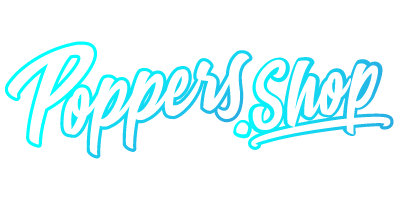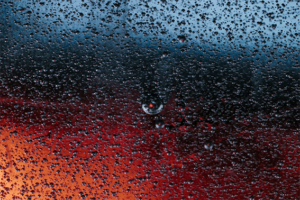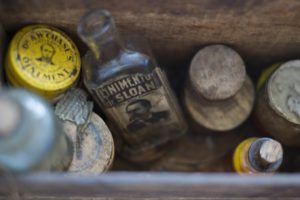Poppers have been around for over a century. It was first used as a medicine. It is when it becomes an entertainment product that the question of its legality arises. What is the situation today? Is poppers legal or illegal?
1844
Antoine-Jérôme Balard discovered poppers, or more precisely, amyl nitrite. It is the scientific name of the poppers. The poppers are then used as medicine. Today, there are four different nitrites: amyl, propyl, pentyl and butyl. Since the poppers have been known for their intimate or festive use, they have been the result of many controversies. In particular, regarding its legality. These questions have therefore been studied by the courts and by scientists.
In France
From 1980 to 1990, electronic music was in full swing in Paris clubs and underground parties. The poppers are already well present at this time. Accessible in this kind of evening but also in sex shops or other more traditional nightclubs, its consumption increases. Young people are getting bitten by poppers. This is why doctors are beginning to worry about the use of poppers in young people when it comes to their health. Studies are carried out, the law is involved.
In 1990, a decree banned poppers based on butyl nitrite and pentyl nitrite. Other nitrites remain authorised for sale and consumption.
However, in 2011, under the Fillon government, poppers consumption continued to increase. He then decided to ban all poppers on June 26, 2011, without any additional tangible elements, apart from the fear of abuse of consumption by young people. The poppers then continue to sell on the black market. But these are artisanal poppers, sometimes very dangerous.
In 2013, the Conseil d’Etat, a high legal authority, decided to annul the 2011 decree, after having already annulled the 1990 decree a few years earlier before François Fillon’s law. The Council of State decides on the fact that poppers are not a health hazard. In view of the low average consumption per individual, the ephemeral effects of the product and the absence of physical and psychological dependence, poppers are once again authorised for sale and consumption in France.
The only poppers currently banned are butyl nitrite poppers.
Since 2015, it has been possible to buy poppers in tobacco shops.
Abroad, abroad
In the European Union, poppers are allowed in many countries, except butyl nitrite poppers which are strictly prohibited under European law.
In the United Kingdom, the psychoactive substance act. prohibits the sale and consumption of poppers. In 2017, it is legal again.
In the United States, in 1970, the free sale of poppers was authorized. However, as soon as the first incidents occur, particularly burns, American law decides to ban poppers except butyl nitrite altogether.
Canada banned the consumption of poppers on July 11, 2014. However, the Canadian state authorizes the production and manufacture of poppers on its territory.
Consequently, poppers are an authorized product in most countries of the world, sometimes with certain legal constraints to be taken into account.
For whom?
From medicine, to room odorizing (home fragrance) to sexual stimulant function, in a century and a half of existence, poppers have known a varied audience.
During the Vietnam War, American soldiers inhaled poppers to relieve their breathing problems due to the smoke from their weapons. In the 19th century, it was a medicine against heart problems.
Today, it is a sexual or euphoric stimulant. This product belongs to both men and women. For a long time, associated with the gay community, nowadays the sexual divide has been overcome. Some gays don’t take them or discover poppers very late. However, other young heterosexuals have been big fans of the glass bottle since they came of age. The poppers no longer have a label, it is a pleasure product for everyone!



